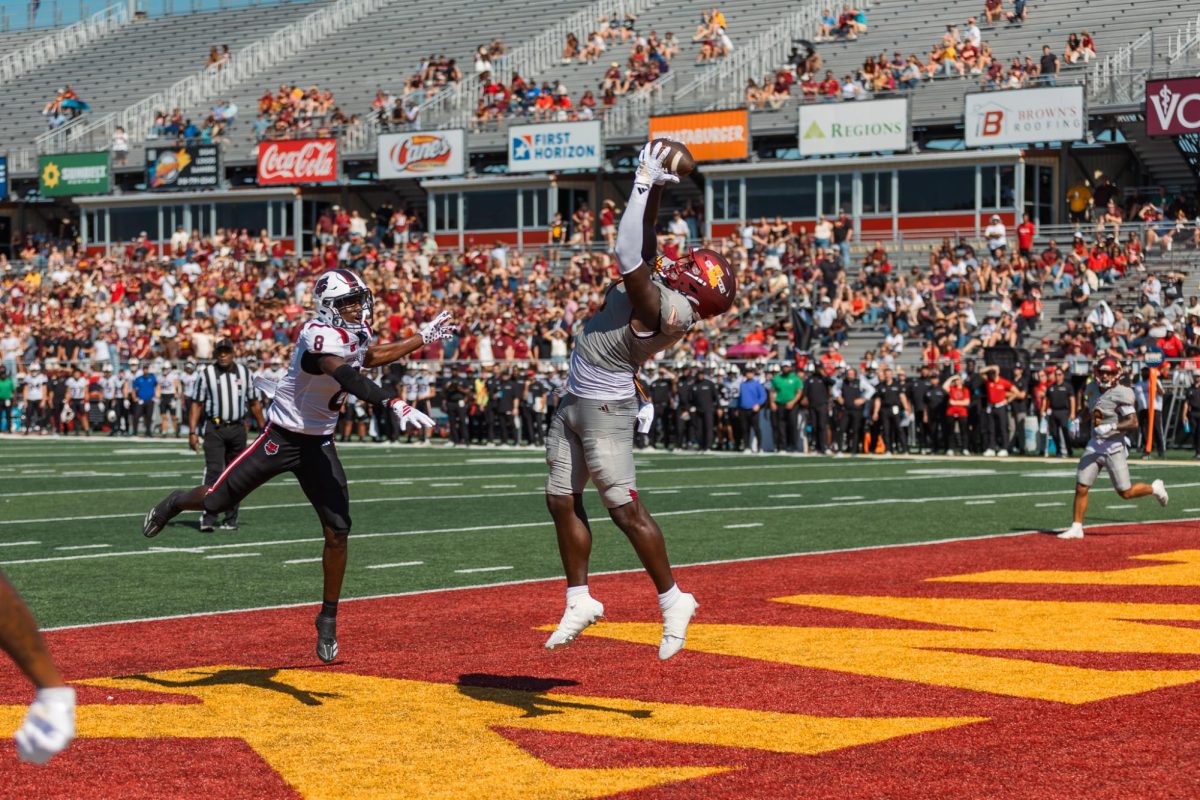From taboo in sports to inescapable advertisements in every game, people are surrounded by sports betting at every corner since its legalization in 2018. Despite being advertised to enhance the experience of watching sports, betting apps have quickly become a money sink for Americans.
Originally, only a handful of states legalized sports betting—also known as gaming—as an addition to casinos to grow customer bases. The legalization of sports betting in 2018 led to an explosive growth for gaming companies, with the American Gaming Association finding that commercial gaming revenue to reached $44.68 billion in July 2025 alone. Companies need to turn a profit to sustain, and the entities behind popular betting apps rely on bettors losing money to make that profit.
Companies heavily advertise these risk-reward bets due to the percentage of profit gained from parlays. Companies heavily advertise these risk-reward bets due to the percentage of profit gained from parlays. FanDuel’s parent company, Flutter Entertainment, reported same-game parlays as making up 24.3% of stakes with a profit margin of 18.5% in Q1 of 2023 (January-March).
Flutter Entertainment, in their Q1 2025 earnings release, reported that “revenue margin improvement of 110bps to 16.9% driven by continued growth in Same-Game Parlay products.”
Gaming companies advertise parlays to be the most exciting way to bet, creating the image of an entertainment product while increasing profit margins. Bet365 portrays this positive imagery of sports betting with its advertisements, stating its parlays “keep getting better” and to use its app to “see why it’s never ordinary at Bet365.”
The entertainment image of sports betting contrasts with the reality of gaming that the companies created. Unfavorable odds advertised as fun have not created $44.68 billion in revenue, but $44.68 billion in losses for Americans.






